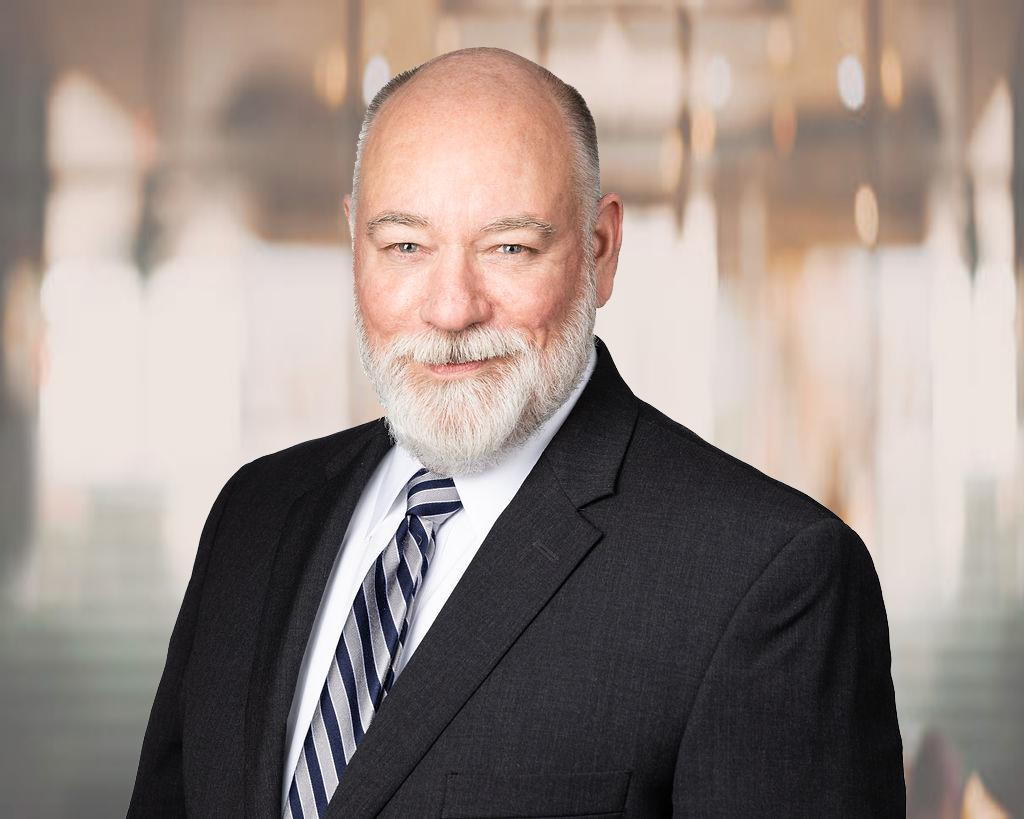
- posted: Apr. 17, 2023
- BRM Attorneys, BRM Shareholders, Legal Update, Administrative Law and Regulations, Michigan Estate Planning Lawyers, Secure Act 2.0, Retirement Accounts
Unused 529 Account Balances Can Now Rollover to Roth IRA
SECURE 2.0 Act of 2022
When Congress passed the $1.7 trillion Consolidated Appropriations Act of 2023 – an omnibus spending bill, it contained within it the SECURE 2.0 Act of 2022. The original SECURE Act made many changes affecting contributions, and required and permitted withdrawals from retirement accounts. The changes also impacted the design of many estate plans. SECURE 2.0 is an extensive act, composed of 90 provisions that affect retirement planning. Not all the new provisions affect everyone, but some of the retirement plan and tax changes contained in the Act are worth highlighting.

Impact on 529 Accounts
Many parents and grandparents established 529 plans to assist with education expenses of a child or grandchild (the “beneficiary”).
Originally, 529 plans were limited to post-secondary education costs, but was expanded to cover K-12 education in 2017 and apprenticeship programs in 2019. A 529 plan (also called a Qualified Tuition Program), is a tax-advantaged savings account designed to be used for the beneficiary's qualifying education expenses. As long as the money stays in the account, no income taxes will be due on earnings.
When money is taken out to pay for qualified education expenses, those withdrawals may be federal income tax-free. The account owner keeps control of the money and can make investment decisions. Withdrawals from a 529 plan account can be taken at any time, but, if the money is not used for qualified education expenses, federal income taxes may be due on any earnings withdrawn. With some exceptions, a 10% federal penalty tax also applies.
Beginning in 2024
Under SECURE 2.0, starting in 2024, beneficiaries of a 529 plan may roll the funds over to a Roth IRA without incurring the 10% penalty, but there are “strings” attached.
To take advantage of the option:
(1) the 529 plan must have been open for at least 15 years;
(2) contributions made in the preceding 5 years are not eligible; and
(3) the total rollover amount in a beneficiaries lifetime cannot exceed $35,000.
Mike Burwell is a Shareholding Attorney at Bowen, Radabaugh & Milton, P.C.
For more information, contact Mike Burwell by phone at 248.641.8099, or by email at [email protected]



